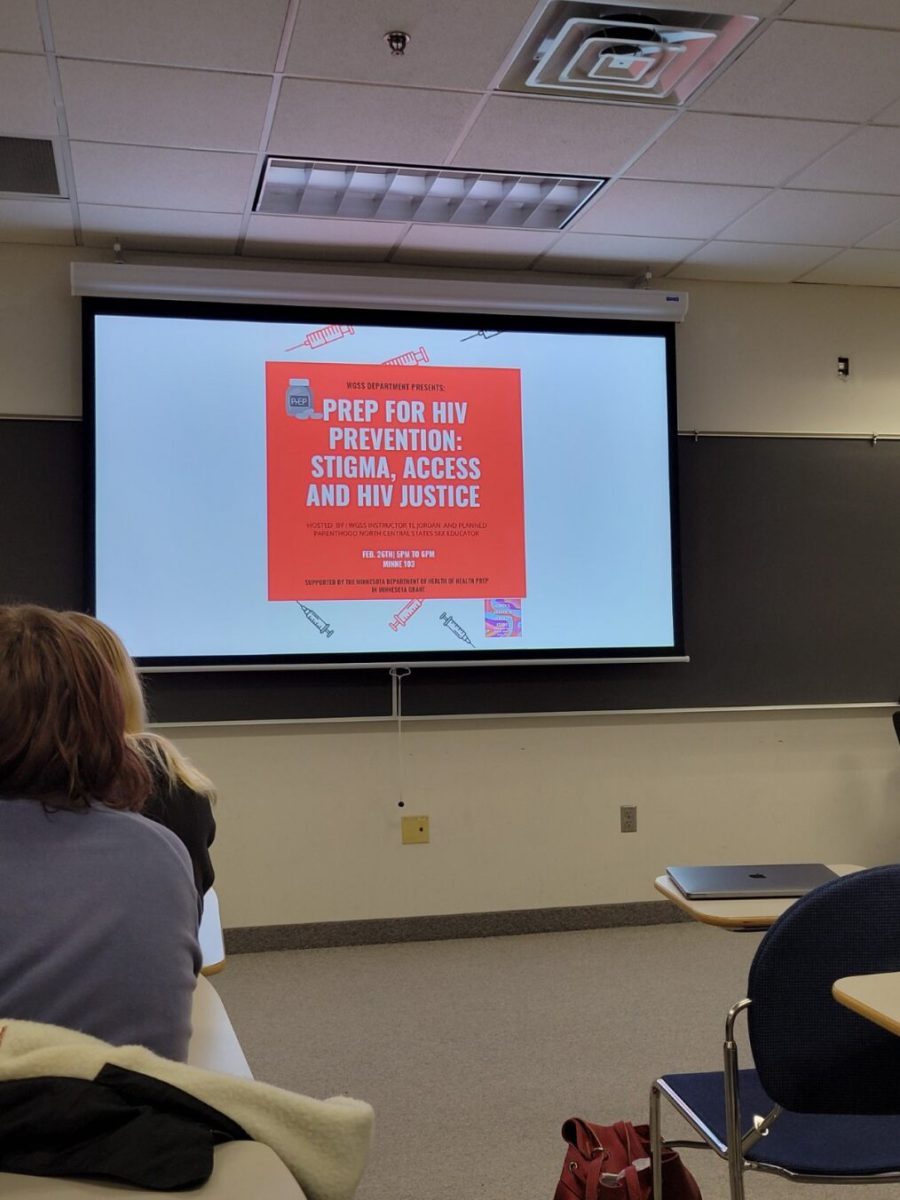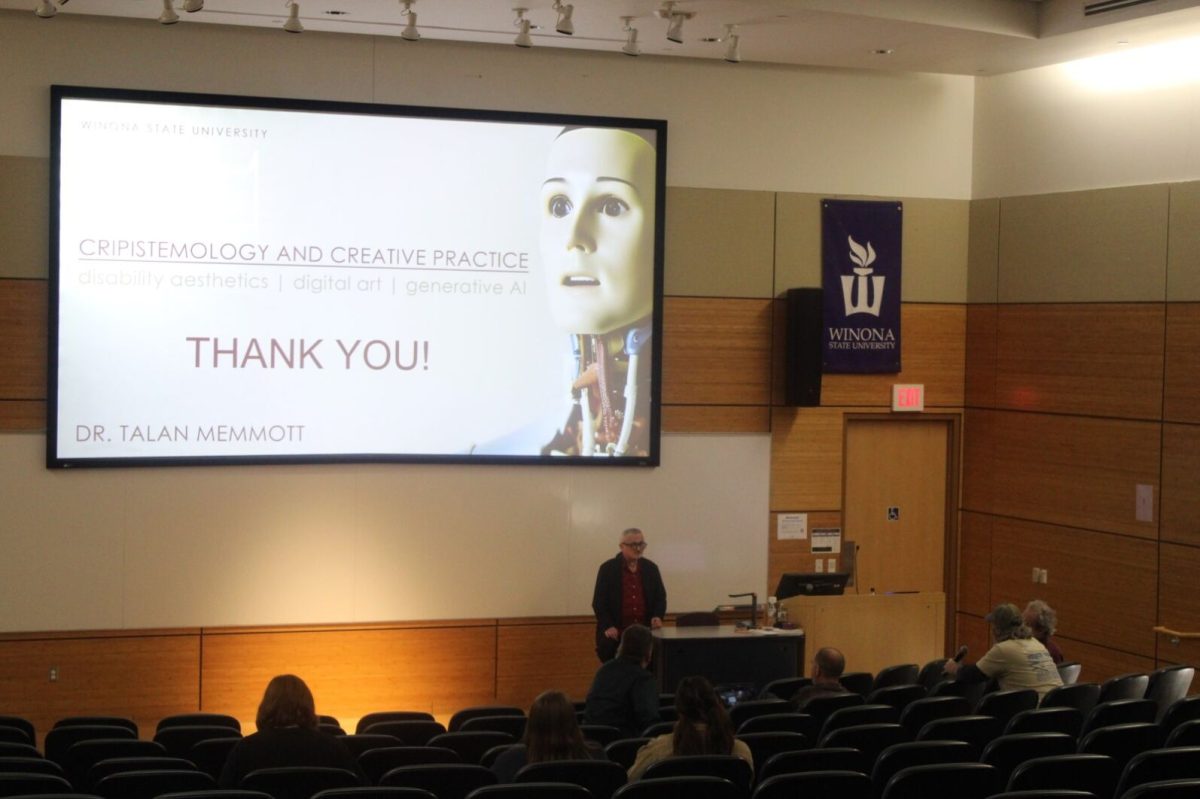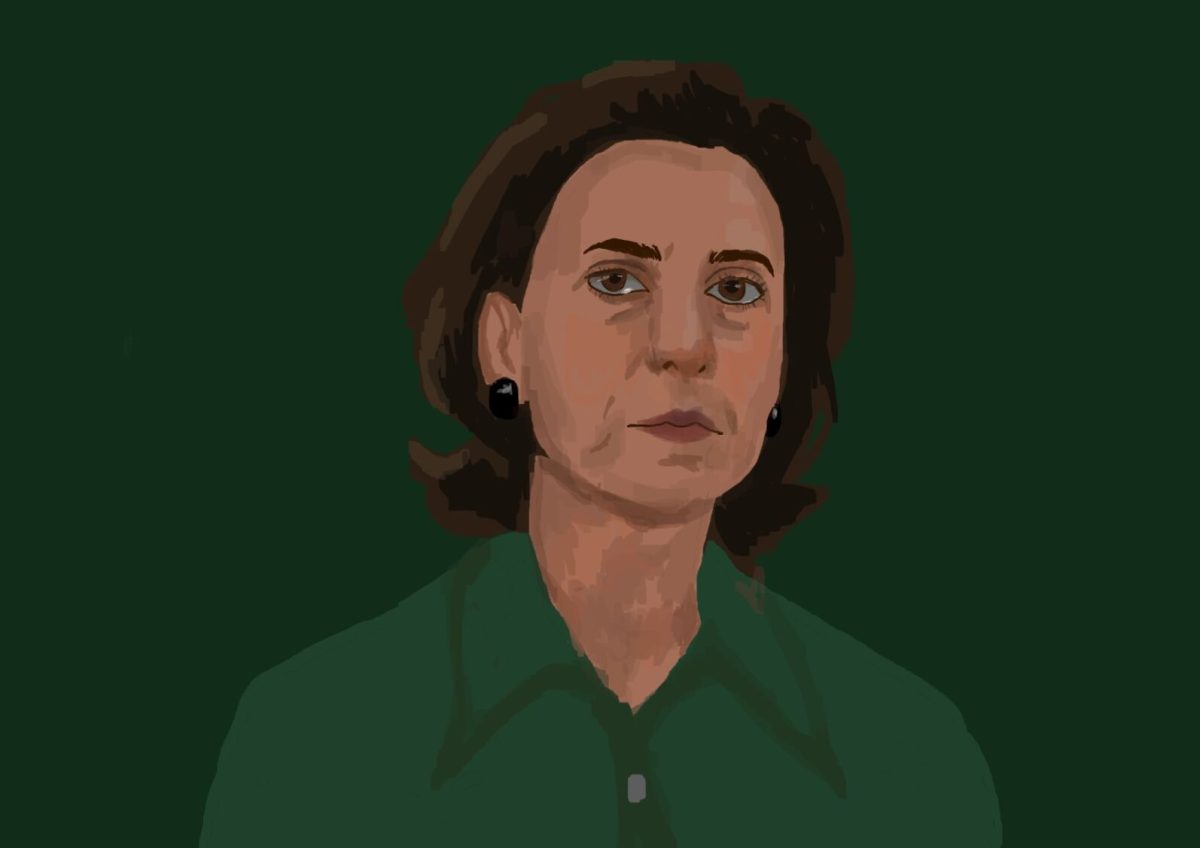Netflix documentary in review: “Grass is Greener”
April 24, 2019
Netflix, knowing their audience very well, capitalized on the 4/20 holiday this past weekend by releasing the documentary “Grass is Greener” by Fred Brathwaite (better known as “Fab Five Freddy”), which details the United States’ storied history with cannabis consumption.
I went into this documentary half-heartedly. Weed, Mary-Janew, ganja, that sweet, sweet cheeba, whatever you want to call it, is a topic of much discussion and, by extension, mocking and misinformation. Aware of the reputation the topic has accrued, the filmmakers take a no-nonsense approach to its existence and the role it plays in peoples’ lives. This isn’t a documentary about getting high and why you should too, it’s about racism and how it filters even into topics those like myself view as minute.
I was expecting something easy to review this week and my hubris got the better of me; every second here requires constant vigilance.
Yes, Snoop Dogg’s presence in the documentary made me chuckle, but he supplements Brathwaite’s no-nonsense approach by giving insight into the role weed plays in his life, his community’s life and how, in the grand scheme of harmful things to put in your body, it is an ant compared to the larger insects out there.
The big moral of the story here is how race factors into cannabis and why the legal system has had such an antagonistic relationship with it. Put simply, the substance didn’t become an issue until around 1910, when reports emerged that it was popular with minorities around the Mexican border. Fearing their race’s inhibitions would be lowered, and thusly be seen as equal to other non-Aryan races, members of powerful white communities began to spread misinformation about it. This led to laws, which led to mass-incarcerations.
Even more absurd than that, the term “marijuana” was coined because people felt it was “more Mexican” than “cannabis.”
I’m taking the documentary’s side in this proliferation of information, despite my journalism training screaming for a balanced presentation of the facts. My argument here is the other side is a representation of those who would give and say anything to ensure their race is dominant over others. This isn’t a group concerned with facts; they’re interested in propaganda that reinforces their narrow-minded and one-sided views.
In other words, while I honor the value of one having an opinion, that doesn’t mean I have to agree with or even respect it—especially if it encourages the twisted views of an oppressor. To make my point incredibly clear, if you think you’re better than anyone because of your skin color, then your opinion means absolutely nothing to me.
Anyhow, the documentary’s power comes from the presentation of its information. It points out just how repetitious the United States’ war on drugs has been for the past 70 years. From one legislation requiring mandatory minimum sentences, to another requiring even stronger punishments, for cannabis-users/suppliers, it begins to feel like this all has nothing to do with a harmful drug as opposed to keeping the prison system a thriving industry.
Cannabis is more than just a pastime, it has evolved into something that can help treat, and even cure, some diseases. Science is on its side, but propaganda has proven to be more powerful than that.
You might be saying that weed is becoming more common by the day, with many states rolling back laws that previously prevented it from being legal. This is true, but this is coming when there are still millions of people serving time for the very thing we are in the middle of normalizing.
The legalization of weed, as the documentary argues, is growing tenfold because our society has deemed it lucrative. Those in power are learning—which is great!—but it’s coming at the expense of those who have already learned and still are paying with their lives in prison. The filmmakers demand reparations for those who have suffered, and I couldn’t agree more. How much potential has been destroyed because of this master race for racial superiority?
It’s hard to argue with pain and suffering and the way a filmmaker chooses to present it. Even if you’re not the “greenest” person on the planet, there’s still much to be learned here. With sources and information like this, “Grass is Greener” simply makes itself. 5/5








































